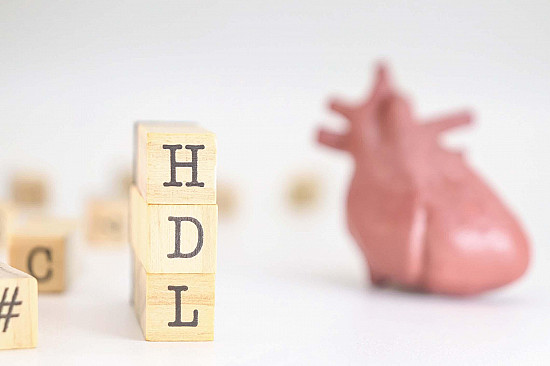LDL cholesterol: Low, lower, and lower still
The overall message on "bad" LDL cholesterol is much the same as it has been: Lower is better and how low your level should be depends on your cardiovascular risk factors.
But the standard for what low LDL means keeps on getting lower. While an LDL level under 70 is still the usual goal for people at the highest risk for cardiovascular disease perhaps that is still too high.
The main impetus for the “lower is better” mantra got started more than 10 years ago based on studies of the statin drugs such as atorvastatin (Lipitor) and simvastatin (Zocor). The studies involved only people with heart disease, so the lessons learned don't directly apply to everyone, but there are certainly enough people with heart disease to make them important.
Two findings from the older studies stood out. First, if LDL levels are pushed down to 60 or so with statins, the risk of heart attack and other cardiovascular events falls further than if LDL levels are pushed down to just 90 or so. How much further varied with the study, but it was enough to matter. Second, although statins have side effects, overall the benefits for high risk people greatly outweigh the risks.
You can try to lower your cholesterol levels by changing what you eat, but studies have shown that the average person achieves only modest reductions (4%-13%) through dietary changes alone. Standard doses of statins reliably lower LDL levels by 30%-40%, so as a practical matter the vast majority of people who need to significantly cut their LDL levels need to take a statin.
Over the past 20 years as new evidence about LDL rolls in, experts have been pushing their recommendations about the "ideal" LDL level lower and lower.
We're not there yet, but perhaps someday there will be a consensus that nearly everyone should make aggressive attempts to lower their LDL cholesterol with statins. If the overall LDL recommendation were to become 50-70, taking a statin may become part of the daily health routine.
Disclaimer:
As a service to our readers, Harvard Health Publishing provides access to our library of archived content. Please note the date of last review or update on all articles.
No content on this site, regardless of date, should ever be used as a substitute for direct medical advice from your doctor or other qualified clinician.















